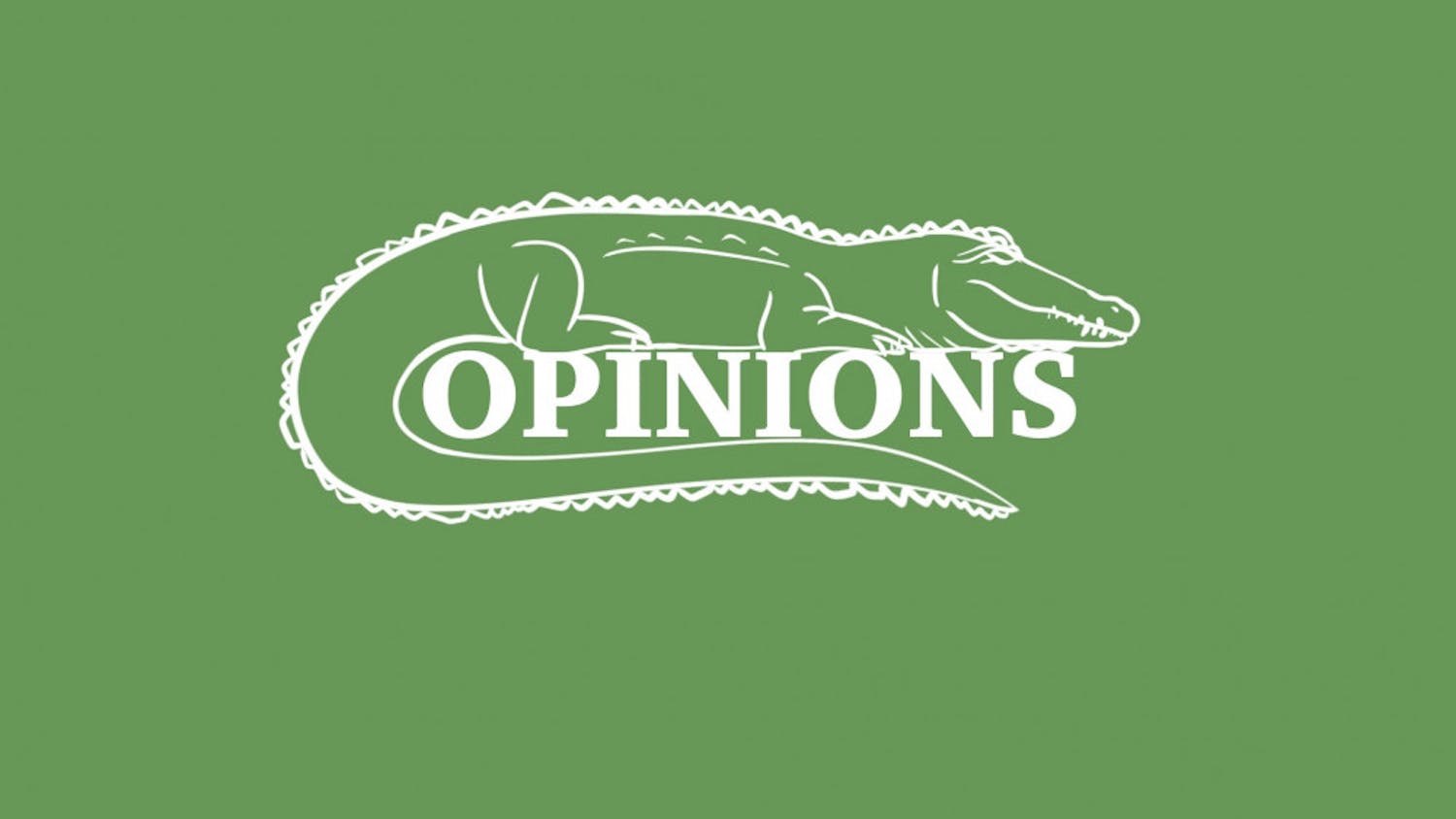I love a good Internet political meme. Most political junkies have their inner circles of friends on an email list-serve that they use to distribute particularly funny or applicable memes. It can be a very enjoyable hobby.
For those shaky on the definition, a meme is a concept that is spread via the Internet, text message or other digital media. In most cases, the concept is novel, or a novel reformulation of an existing concept, that is quickly and easily spread from person to person. My senior thesis was about how the Internet has transformed the political process.
To me, it is a fascinating subject. The Internet provides a widely accessible and easy-to-use launching platform for the citizen politician. Though it is a relatively new addition to the American lifestyle, it can often be taken for granted.
One of the greatest assets of the Internet in the application of politics is the ability for the citizen to launch effective political statements (through memes, blogs, thought pieces, etc) without censorship. That is true freedom of speech - something that may have been missing in other news media. TV and radio information dissemination is still restricted to what the producers and executives of the respective media outlets choose to air, and few people have the resources to operate their own TV and radio stations.
The Internet, however, is truly the citizen politico's great weapon in making a wide-reaching and lasting impression in the political arena.
Consider how easily Internet memes have reached you in the 2008 election. Who didn't hear about America's most famous Internet meme political celebrity, Joe the Plumber? Or who hasn't seen the iconic stylized red and blue Obama "Hope" poster? Both were the result of successfully launched Internet memes.
I believe this is a reason for the modern American political junkie to feel lucky. But, it's not all roses with the Internet. The citizen must be able to use the Internet for valid political information without falling prey to soundbites and trolls.
The soundbite is a popular tool used by some to distort the message of a politician or meaning of legislation. It is used by both sides to simplify an argument or tint a quote or speech. The Internet can expose or promulgate the soundbite - the savvy Internet politico has determined how to differentiate the two.
The Internet has also given a home to the country's political trolls. These are the people who wish to be in the political arena but have no solid arguments of their own. Thus, they turn to petty personal attacks in online chat forums and comment sections for attention. Freedom of speech should always be protected, and trolls have the right to troll, but the modern online politico knows to take these fire-starters with more than a grain of salt.
The Internet is such an amazing tool and can be so widely applicable in politics. According to the Pew Institute for American study, 46 percent of Americans had used the Internet to participate in the American presidential campaign by June of 2008. This is an inspiring figure for those of us who wish to see voter turnout increase.
There is still much potential in its application as a tool for the people to communicate with governing bodies, and vice versa. I wish more national bills were posted online for longer periods of time - this would be a great way to expose pork barrel spending to otherwise oblivious constituents. It might also be good practice to have the federal government employ the online national debt tracker as a screen saver. It may help our current administration curb some of its overwhelming spending tendencies.
Bryan Griffin is a first-year law student. His column appears Thursdays.





